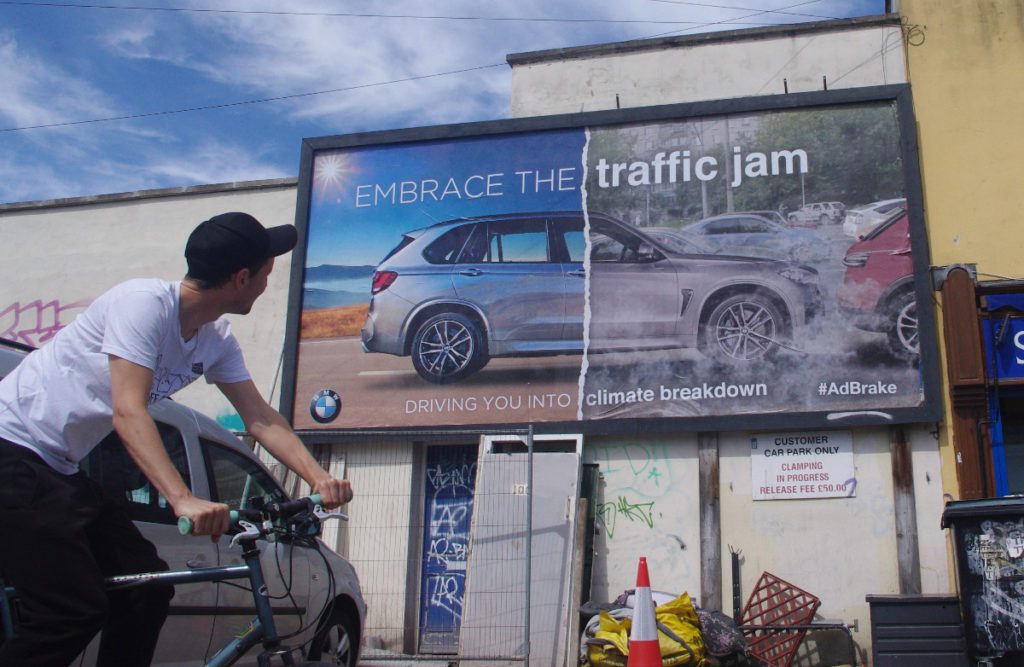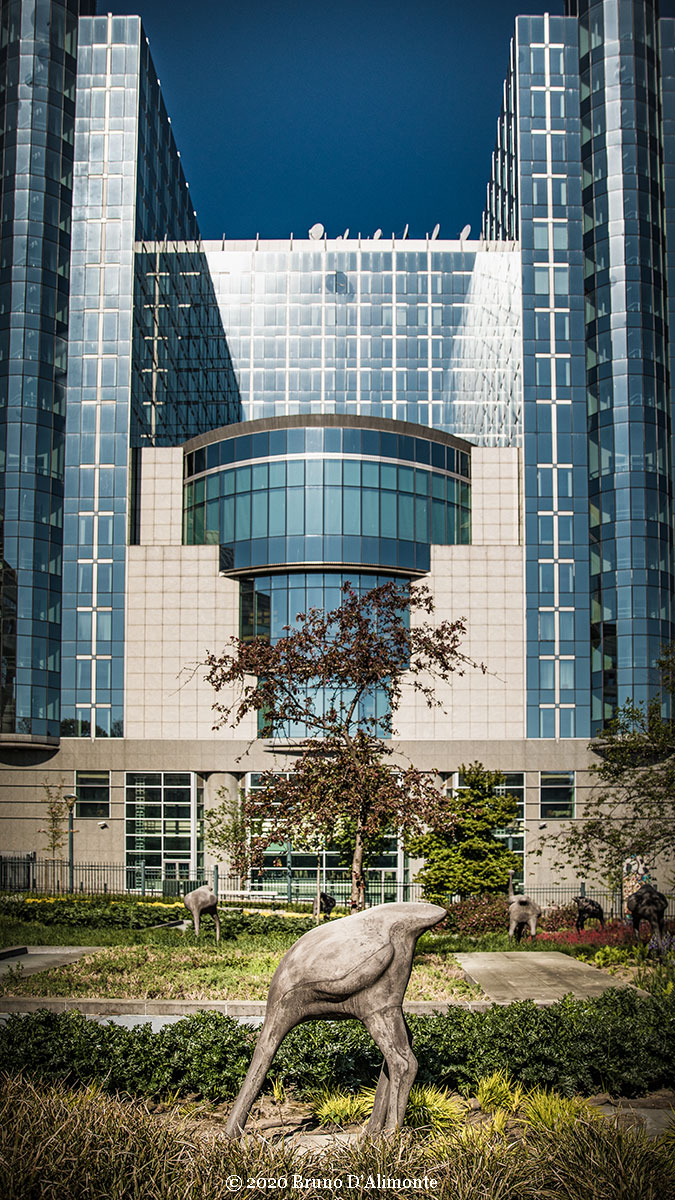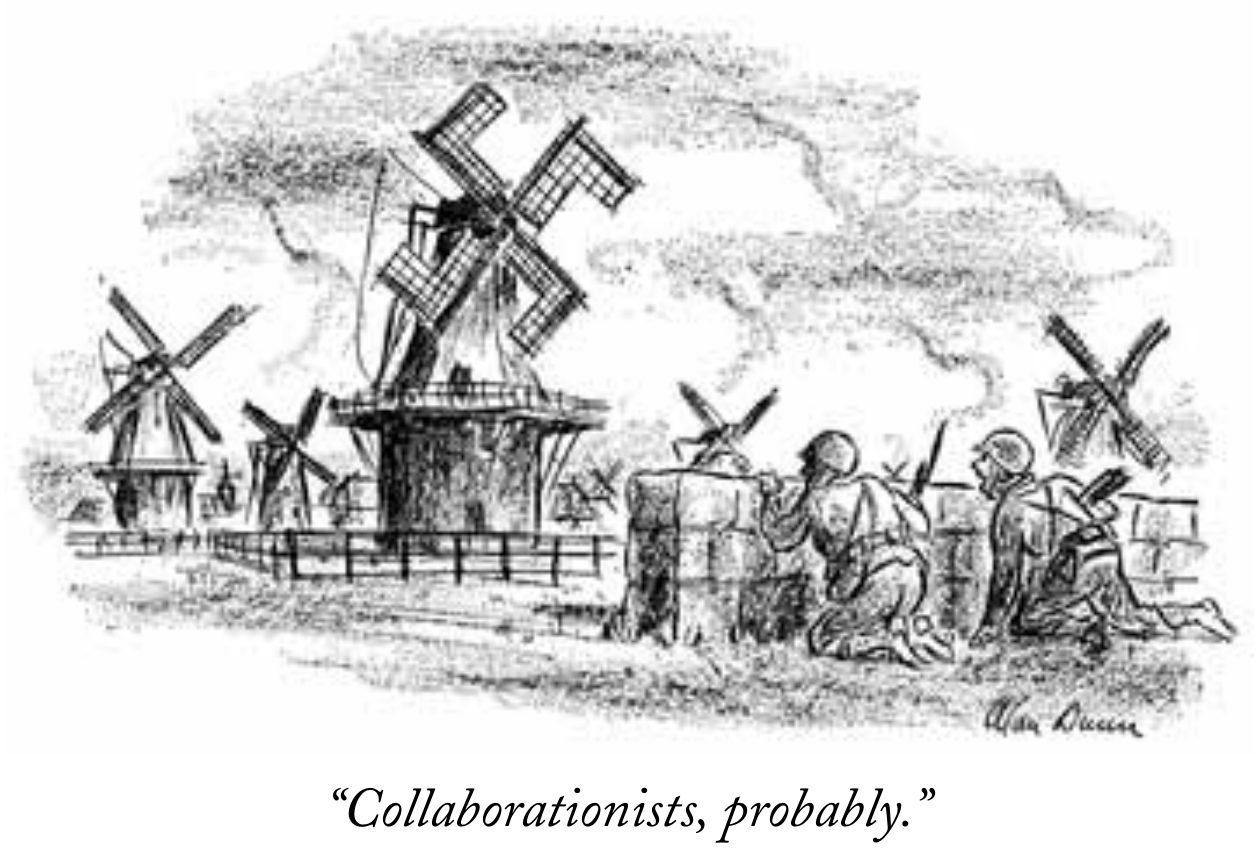Automobilistes
(DE)

Cyclistes et automobilistes: pourquoi tant d’incompréhension?
… Les automobilistes suivent … des règles implicites strictes qui leur sont propres. Ces règles ne se confondent pas avec celles du code de la route “officiel” mais le complètent sur certains points et le contredisent sur d’autres. Le malentendu vient du fait que les automobilistes oublient que ces règles n’ont aucune raison de concerner les cyclistes.
Le meilleur exemple est probablement la règle implicite du respect de la file. Petit rappel ici. Un automobiliste vit son déplacement urbain comme le passage d’une file d’attente à une autre file d’attente… surtout en heure de pointe, ce qui de nos jours représente la majorité du temps. Il fait la file le plus souvent sans savoir pourquoi, sinon qu’il est bloqué par la voiture qui le précède et accélère dès que c’est possible pour se positionner au mieux dans la file suivante. Car une place d’avance dans une file peut éviter une phase de feu rouge, ou même deux si le carrefour est bloqué, comme c’est si souvent le cas.
Et il y a une bonne raison à cela : les automobilistes estiment qu’ils ont le droit de conserver leur place dans une file, même au carrefour. Pour cela, il est nécessaire d’empêcher les automobilistes qui viennent d’autres directions de s’immiscer dans la file en ne se laissant pas distancer par le véhicule qui précède. Le droit de défendre sa place dans une file prime donc largement sur le code de la route, puisqu’il autorise (de facto) à bloquer un carrefour sans susciter l’animosité des autres automobilistes. Au contraire, lorsqu’un automobiliste refuse de s’engager dans un carrefour encombré, il se fait copieusement klaxonner (dans le meilleur des cas). De même, la plupart des automobilistes sont soulagés lorsque celui qui les précède brule un feu, puisqu’il libère une place dans la file. (Mais un cycliste qui brule un feu ne libère rien du tout : c’est un geste purement égoïste!) Bref, l’obsession de préserver sa place dans la file est devenu la seconde nature de l’automobiliste. D’ailleurs, il adopte la “file-attitude” même sur autoroute, où ce comportement est totalement inefficace et surtout très dangereux pour lui-même et les autres.
Dans ce cadre implicite, il est clair que le cycliste est un provocateur puisqu’il ne respecte pas la file. un automobiliste lambda ne sait pas très bien si le code de la route autorise les cyclistes à remonter une file de voitures. Mais ce qui est sûr, c’est qu’il juge ce comportement inacceptable ! Ce n’est pas en respectant rigoureusement le code officiel que les cyclistes cesseront d’être pris pour des anarchistes …”
aus: Quentin Wibaut: Cyclistes vs. automobilistes : pouquoi tant d’incompréhension? In: Ville à Vélo 144, sept./oct. 2009, S.12
Abb.: Brandalism, 2020?, im Internet.
09/09


